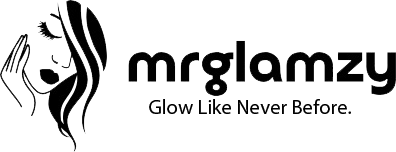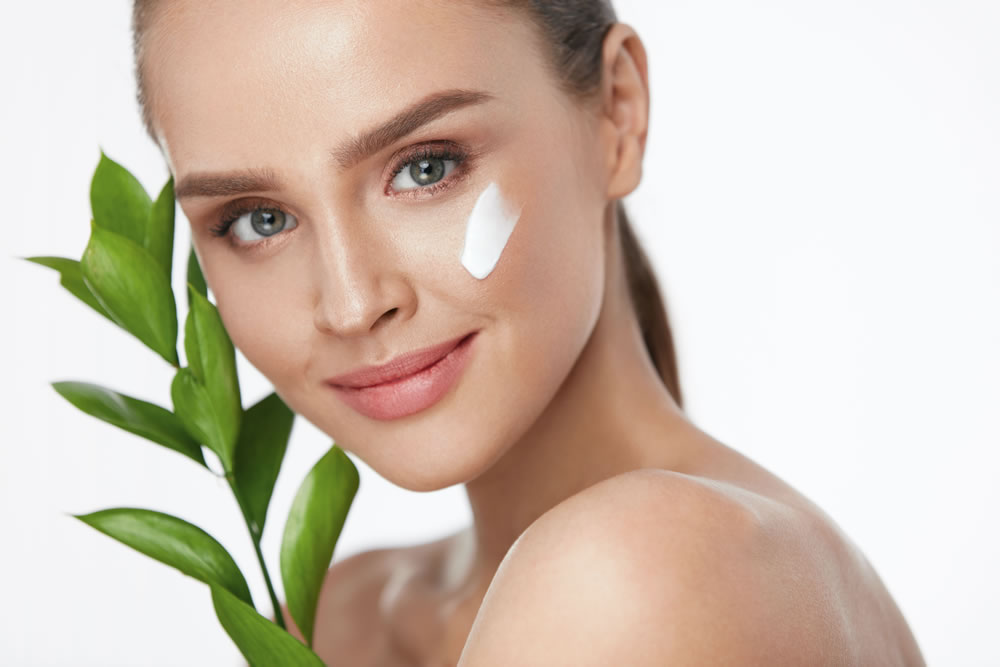Introduction
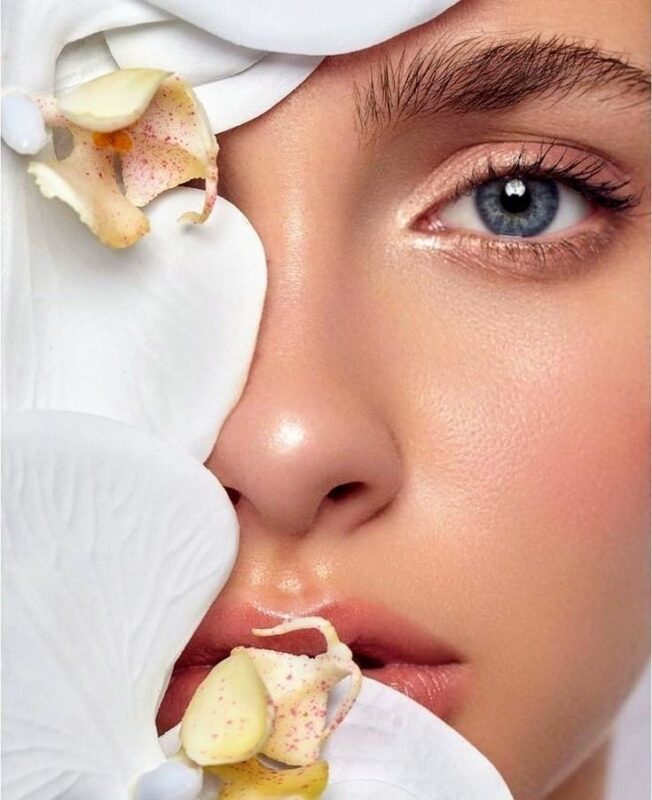
In recent years, the demand for vegan and cruelty-free skincare has skyrocketed. Consumers are becoming more conscious of the ethical, environmental, and health implications of their beauty choices. But what exactly does vegan and cruelty-free skincare mean? How can you identify authentic products, and what benefits do they offer?
This comprehensive guide will explore everything you need to know about vegan and cruelty-free skincare, including:
- What is Vegan Skincare?
- What is Cruelty-Free Skincare?
- Key Differences Between Vegan and Cruelty-Free
- Benefits of Vegan and Cruelty-Free Skincare
- Common Ingredients to Avoid
- How to Identify Authentic Vegan & Cruelty-Free Products
- Top Vegan and Cruelty-Free Skincare Brands
- DIY Vegan Skincare Recipes
- FAQs About Vegan and Cruelty-Free Skincare
By the end of this article, you’ll be equipped with all the knowledge needed to make ethical, sustainable, and effective skincare choices.
1. What is Vegan Skincare?
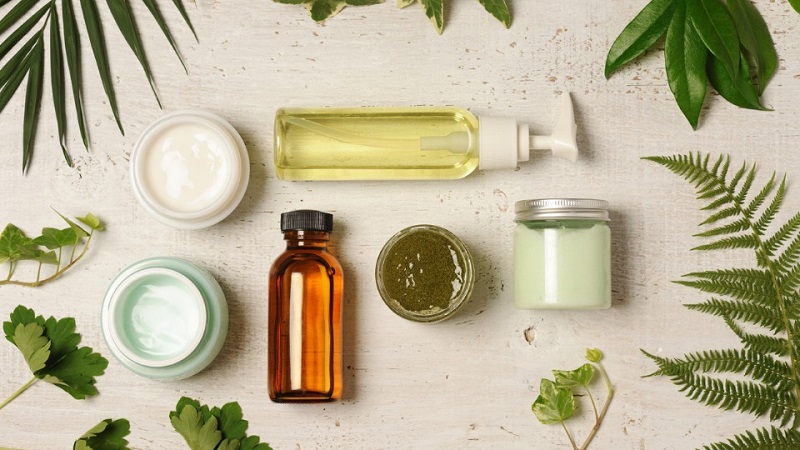
Vegan skincare refers to products that do not contain any animal-derived ingredients. This means no honey, beeswax, lanolin, collagen, carmine, or other animal by-products. Instead, these products use plant-based and synthetic alternatives to deliver effective skincare benefits.
Common Non-Vegan Skincare Ingredients to Avoid:
- Beeswax – Often found in lip balms and creams.
- Lanolin – Derived from sheep’s wool, used in moisturizers.
- Collagen – Sourced from animal connective tissues.
- Carmine – A red pigment from crushed beetles, used in cosmetics.
- Gelatin – Derived from animal bones and skin, used in masks.
Vegan skincare relies on botanical extracts, plant oils, and lab-created ingredients to provide hydration, anti-aging, and skin repair benefits.
2. What is Cruelty-Free Skincare?
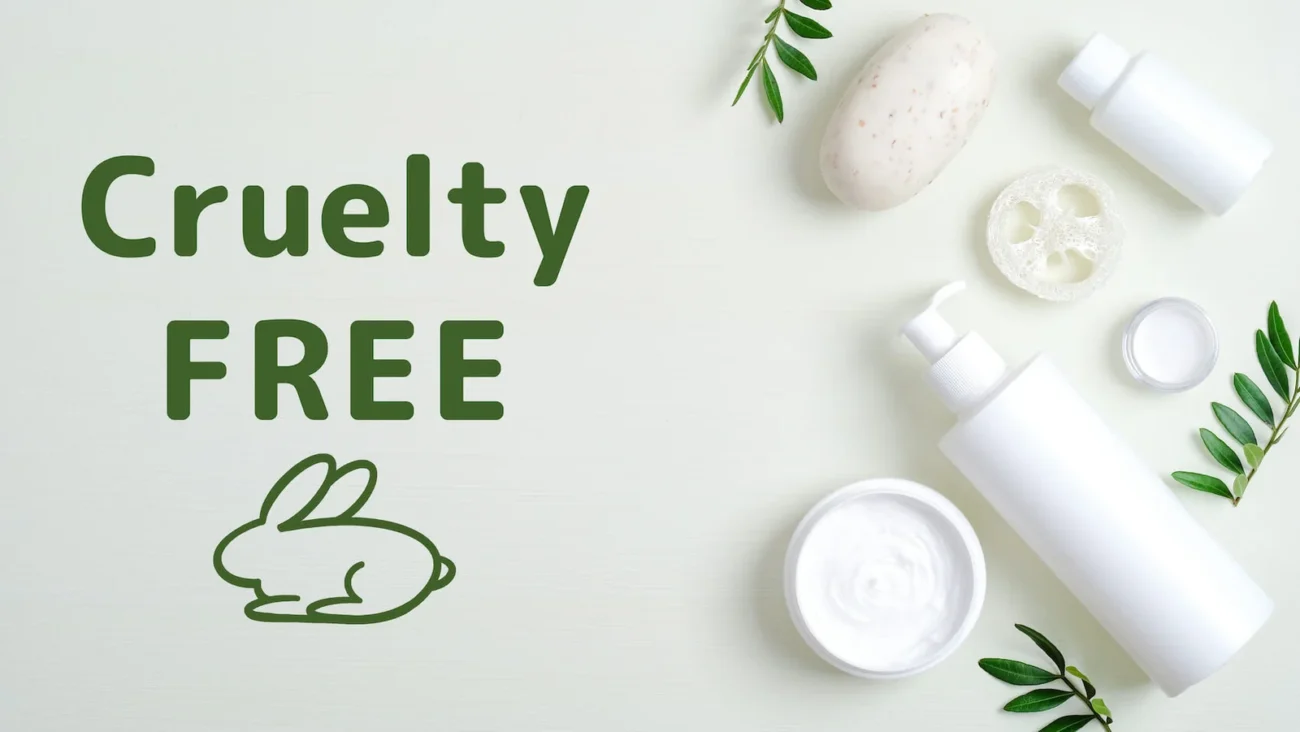
Cruelty-free skincare means that the product and its ingredients were not tested on animals at any stage of development. However, cruelty-free does not always mean vegan, as some brands may still use animal-derived ingredients without animal testing.
Certifications to Look For:
- Leaping Bunny (CCIC) – The gold standard for cruelty-free certification.
- PETA’s Beauty Without Bunnies – Lists brands that do not test on animals.
- Choose Cruelty-Free (CCF) – An Australian certification for ethical brands.
Note: Some brands claim to be cruelty-free but sell in countries (like China) where animal testing is required by law. Always verify certifications.
3. Key Differences Between Vegan and Cruelty-Free Skincare
| Aspect | Vegan Skincare | Cruelty-Free Skincare |
|---|---|---|
| Definition | No animal-derived ingredients | No animal testing |
| Certifications | Vegan Society, PETA Vegan | Leaping Bunny, PETA Cruelty-Free |
| Overlap | Can be both vegan & cruelty-free | May contain animal ingredients |
Example: A product can be vegan but not cruelty-free (if ingredients are plant-based but tested on animals). Conversely, a cruelty-free product may not be vegan (if it avoids animal testing but contains beeswax).
4. Benefits of Vegan and Cruelty-Free Skincare
A. Ethical Benefits
- No animal exploitation – Avoids harm to animals in ingredient sourcing and testing.
- Supports ethical brands – Encourages companies to adopt humane practices.
B. Environmental Benefits
- Reduces carbon footprint – Plant-based ingredients are more sustainable.
- Less pollution – Avoids harmful by-products of animal farming.
C. Skin Health Benefits
- Fewer irritants – Vegan products often contain natural, non-toxic ingredients.
- Rich in antioxidants – Plant extracts provide vitamins and phytonutrients.
- Suitable for sensitive skin – Free from harsh synthetic chemicals.
5. Common Non-Vegan & Harmful Skincare Ingredients
To ensure your skincare is truly vegan and safe, avoid these ingredients:
| Ingredient | Source | Found In |
|---|---|---|
| Beeswax | Honeycomb | Lip balms, creams |
| Lanolin | Sheep’s wool | Moisturizers |
| Collagen | Animal tissues | Anti-aging creams |
| Carmine | Crushed beetles | Blushes, lipsticks |
| Squalene | Shark liver oil | Serums, moisturizers |
Pro Tip: Look for plant-based squalane (from olives) instead of shark-derived squalene.
6. How to Identify Authentic Vegan & Cruelty-Free Products
A. Check Labels & Certifications
- Vegan: Look for Vegan Society logo or PETA’s Vegan Certified.
- Cruelty-Free: Leaping Bunny or PETA’s Cruelty-Free logo.
B. Research Brands Online
- Use Cruelty-Free Kitty or Logical Harmony for verified brand lists.
- Check brand websites for animal testing policies.
C. Ingredient Scanning Apps
- Think Dirty or EWG’s Healthy Living App can help identify non-vegan ingredients.
7. Top Vegan & Cruelty-Free Skincare Brands
Here are some highly-rated, ethical skincare brands:
1. Pacifica
- 100% Vegan & Cruelty-Free
- Best for: Affordable, natural skincare
2. Drunk Elephant
- Mostly Vegan (check labels) & Cruelty-Free
- Best for: Luxury, science-backed skincare
3. The Ordinary
- Vegan options & Cruelty-Free
- Best for: Affordable, effective serums
4. Biossance
- 100% Vegan & Cruelty-Free
- Best for: Sustainable, plant-based squalane
5. Herbivore Botanicals
- 100% Vegan & Cruelty-Free
- Best for: Natural, minimalist skincare
8. DIY Vegan Skincare Recipes
Want to try homemade vegan skincare? Here are some easy recipes:
A. Hydrating Avocado Face Mask
- 1/2 ripe avocado
- 1 tbsp coconut oil
- 1 tsp almond milk
- Mix & apply for 15 mins. Rinse off.
B. Coffee & Coconut Oil Scrub
- 1/2 cup coffee grounds
- 2 tbsp coconut oil
- 1 tbsp brown sugar
- Mix & gently exfoliate.
C. Aloe Vera & Cucumber Toner
- 1/4 cup aloe vera gel
- 1/4 cup cucumber juice
- Store in a spray bottle & mist on face.
9. FAQs About Vegan & Cruelty-Free Skincare
Q1: Is vegan skincare better for sensitive skin?
Yes! Vegan skincare often avoids harsh chemicals, making it gentler.
Q2: Are all vegan products natural?
No, some vegan products use synthetic ingredients. Check labels if you prefer all-natural.
Q3: Can vegan skincare be as effective as traditional skincare?
Absolutely! Many vegan brands use advanced plant-based actives like bakuchiol (vegan retinol) and hyaluronic acid (vegan version).
Q4: How can I tell if a brand is truly cruelty-free?
Look for Leaping Bunny certification or check Cruelty-Free Kitty’s database.
Q5: Why do some cruelty-free brands sell in China?
China’s animal testing laws have relaxed, but some brands still avoid selling there to stay 100% cruelty-free.
Conclusion
Switching to vegan and cruelty-free skincare is a powerful way to protect animals, the planet, and your skin. By understanding labels, avoiding harmful ingredients, and supporting ethical brands, you can build a clean, effective, and compassionate skincare routine.
Ready to make the switch? Start by checking your current products for vegan and cruelty-free certifications, then explore the recommended brands above. Your skin—and the animals—will thank you!
